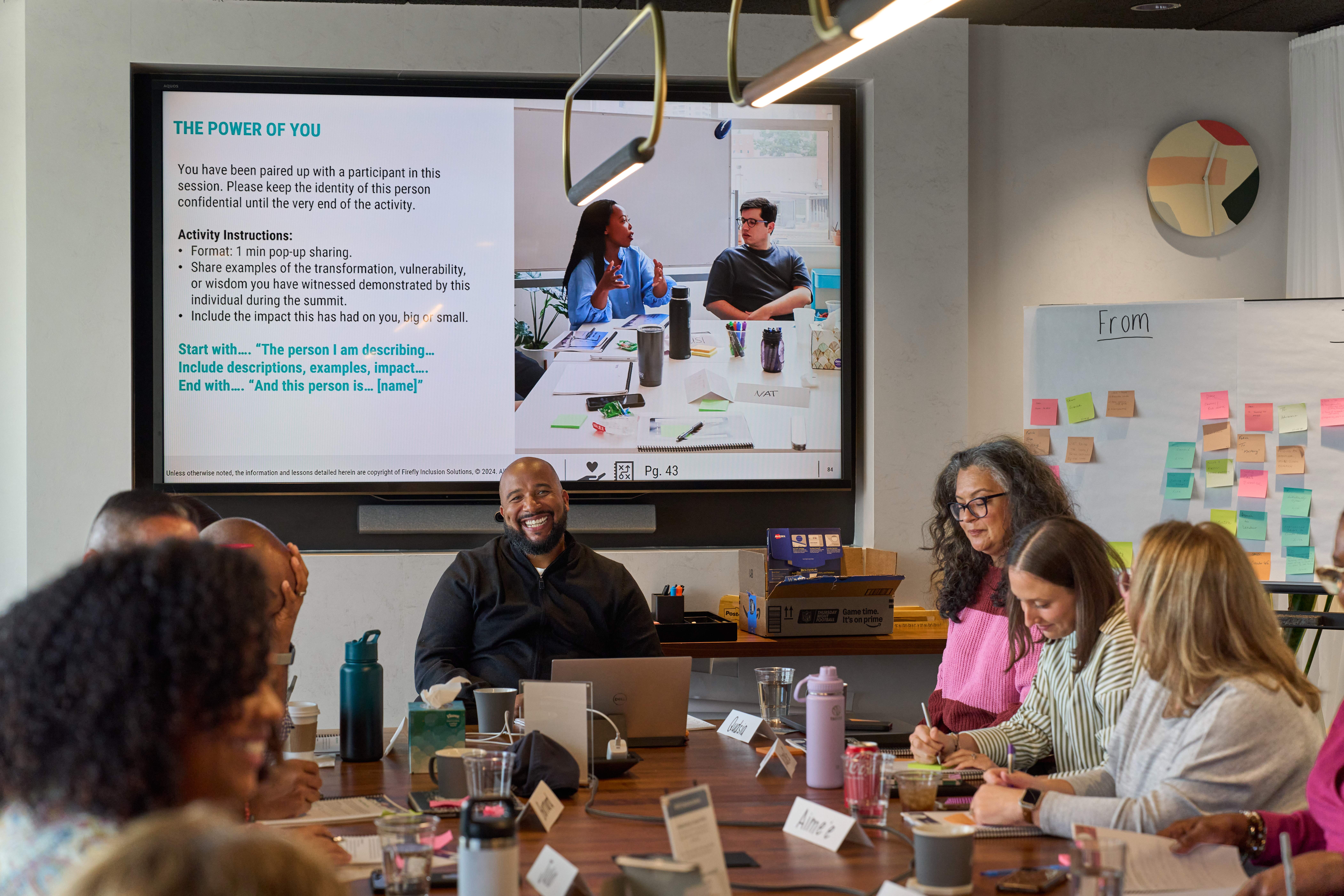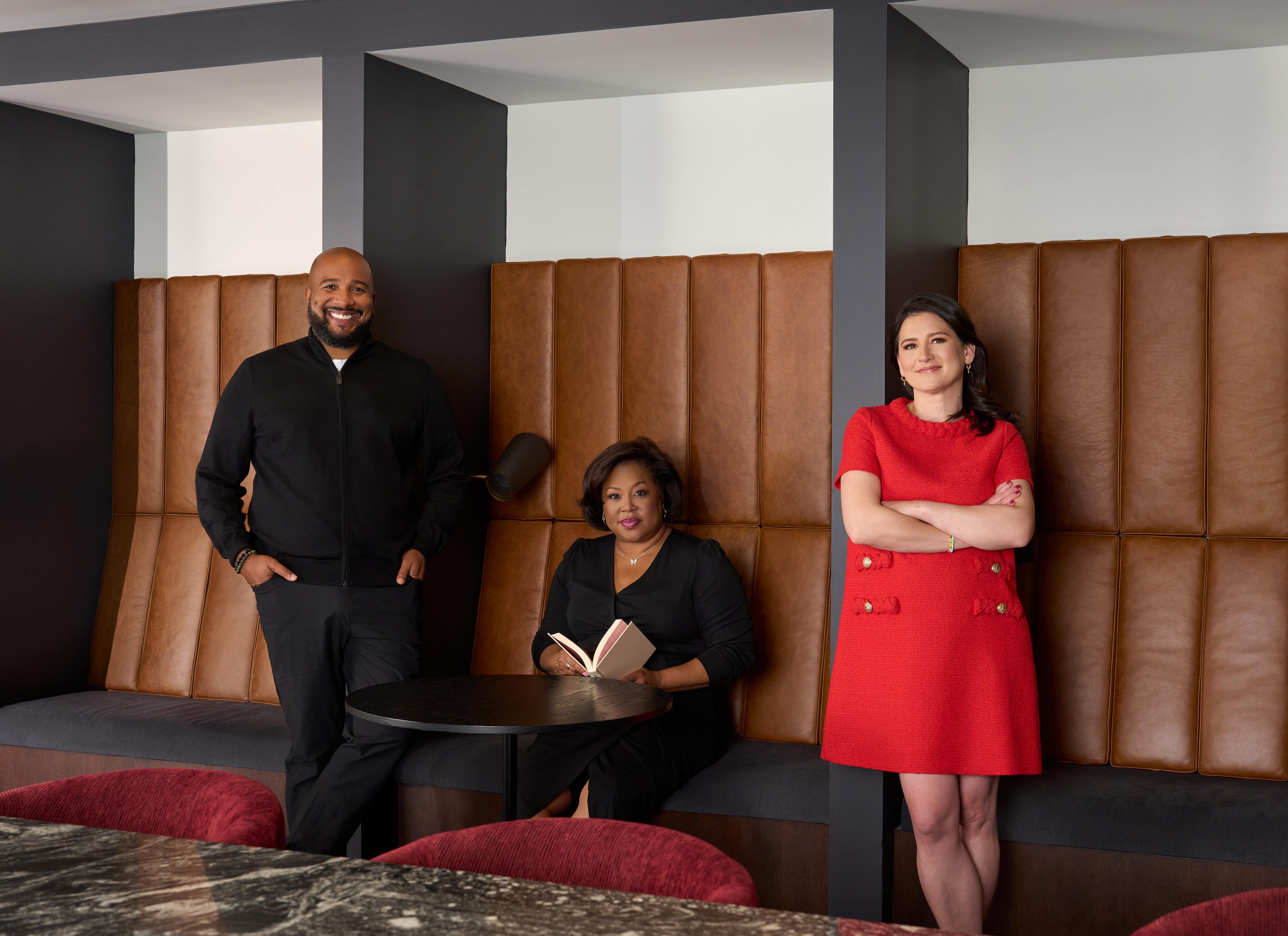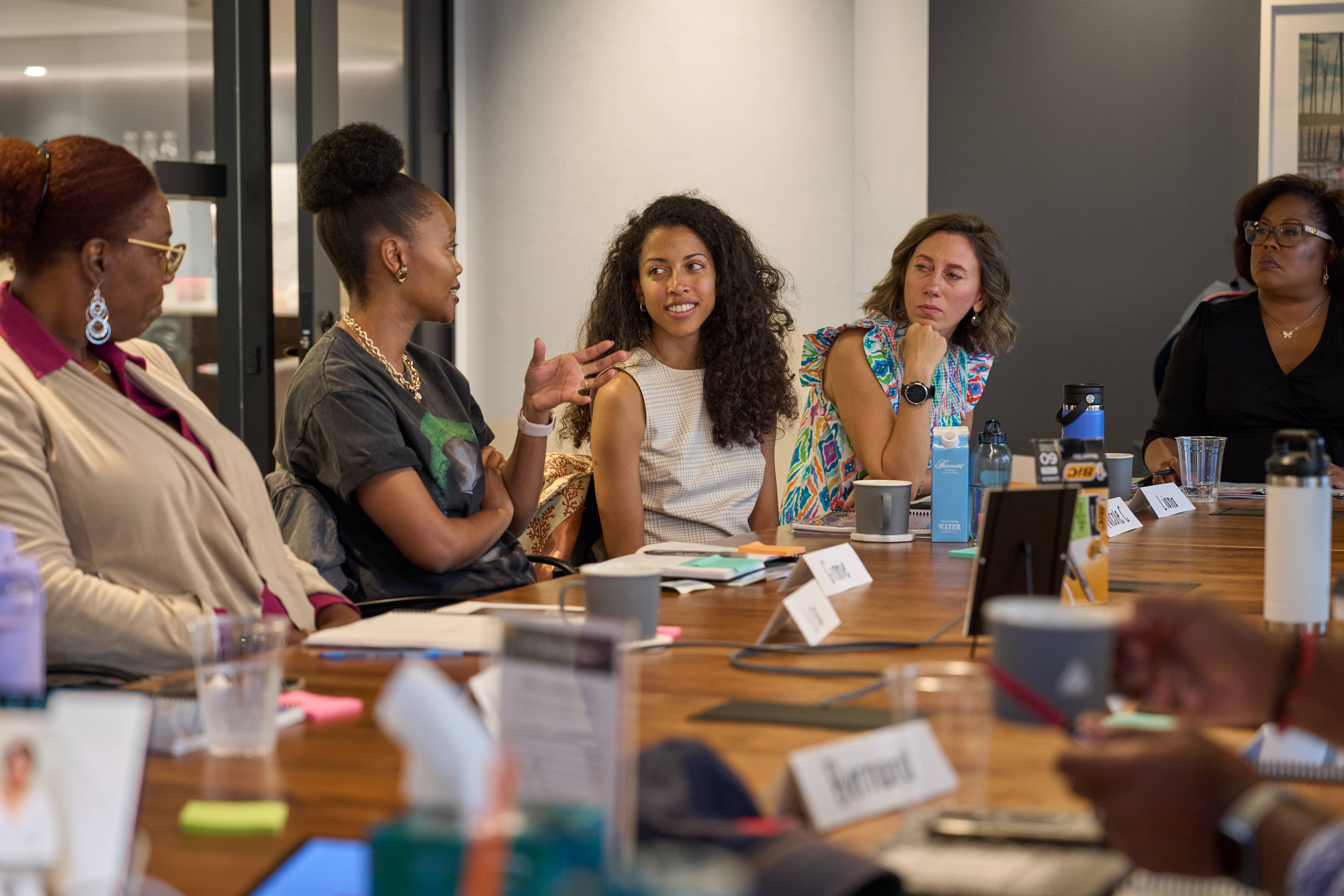Since the summer Olympics in Japan, there’s been a lot of discussion about the incredibly high standards many female athletes of color are held to – and the impact it can have on both their personal and professional lives. Pro Volleyball player Kaz Brown joins the Voices of Firefly series to continue this important conversation. A University of Kentucky grad, Kaz just joined the AEK team in Athens after stints playing in France, Ukraine, and Germany. In this post, Kaz reflects upon her experience as an underrepresented athlete at home and abroad, and what allies can do to uplift and stand with female athletes across the spectrum.
Join Kaz to learn more about her journey as she takes over our Instagram page on Sept. 28-29. Follow us at @fireflyinclusion.
From the day I was born, I already possessed two very important parts of my identity that I take immense pride in: I’m Black, and I’m a woman. By the time I was eight years old, I realized another huge part of my identity: I’m an athlete.
I grew up in a small, predominantly white community where being a tall, curly-headed girl with brown skin made me very different. As I got older and continued to advance in athletics, I realized it didn’t matter how many points I scored or records I broke. I was still subject to questions about my parents, where I was “really” from, and if Black people wear sunscreen (the answer is yes, by the way), along with the infamous unwelcome touching of my hair.
Fast forward to the present day: I’m now a professional volleyball player entering my fourth season playing overseas. And still, more often than not, I’m the only Black woman on the team or even the entire court. Regardless of the country, I still field questions, deal with microaggressions, and have those uncomfortable conversations. The intent is never malicious, but that doesn’t make it any less exhausting.
No matter where you are in the world or what you achieve professionally, when you’re a Black woman, people want to put you in a box. They want to project their ideas of how you’re supposed to look, talk, think and act. (People also tend to put athletes in boxes – hence the whole “just stick to sports” notion. Think about it, no one tells dentists to “just stick to oral hygiene”!)
My passion for sports runs deep. However, in light of recent events involving Black women in the world of sports and elsewhere, it’s clear that I’m also meant to serve a purpose. Advocating for women – and particularly Black women in all spaces – means more to me than any title or trophy. When we champion Black women in sports, we all win. Whether it’s little league or the Olympics, sports inspire and cultivate leadership off the court as well. And we need more than just a few of us (Allyson Felix for example) to uplift all of us. Here are three things you can do right now to support and advocate for Black women in sports.
1. Use your platform to be an ally:
If you know basketball, you know Paige Bueckers. While accepting the ESPY for best female college athlete, Paige dedicated the majority of her speech to amplifying Black women in sports, sports media, and those who had their lives taken from them at the hands of police brutality.
I want to break down a few sentences from Paige’s speech that I consider an essential part of being an ally: “I stand behind you. I will continue to follow you, follow your lead, and fight for you”.
This doesn’t mean putting words into the mouths of Black women. This doesn’t mean speaking on behalf of Black women (unless you have been explicitly asked to do so). It means listening and taking a backseat at times. It also means leveraging your privilege to advocate.
Although we may not have the opportunity to step up to the ESPY stage, most of us do have some sort of platform. As an ally, it’s critical to utilize your platform to highlight and uplift Black women in sports, at work, and in your communities.
2. Speak up about athletes’ performance vs. appearance:
From last week’s inappropriate camera shots of Austrian climber Johanna Färber at the World Championships to comments about US gymnast Gabby Douglas’s hair during the 2012 and 2016 Olympics – society does more than its fair share of both objectifying and criticizing female athletes’ appearance. As if there aren’t enough unwanted opinions and discourse on Black women’s hair, they especially receive a lot of unwanted comments about what their bodies should look like, how they should dress, how much makeup to wear, etc.
When discussing female athletes, it’s important to place intentional emphasis on praising their bodies for the amazing things they do as opposed to how they look. If you find yourself in conversations focusing on female athletes’ appearance or see the media participate in similar language, speak up and speak out. The more we speak out, the less acceptable this type of language will become in all areas of society.
3. Invest in women:
One tried and true way you can support all women in sports is the same way you support men in sports – show us the money! One of the biggest challenges women’s sports face today is the disparity in funding and generating revenue. There are a variety of ways to show up for women in sports. Here are just a few examples:
-
Buy tickets to a women’s game
-
Send your child to a youth camp hosted by a women’s team
-
Purchase team apparel or your favorite female player’s jersey
-
Make a donation to your favorite college’s women’s sports programs.
As a Black female athlete, I remain hopeful. I’ve seen many doors opened by and for Black women in sports, especially over the course of the past year. While I’m optimistic, I think more can always be done. I hope you’ll join me in advocating for the same.
Paragraph



